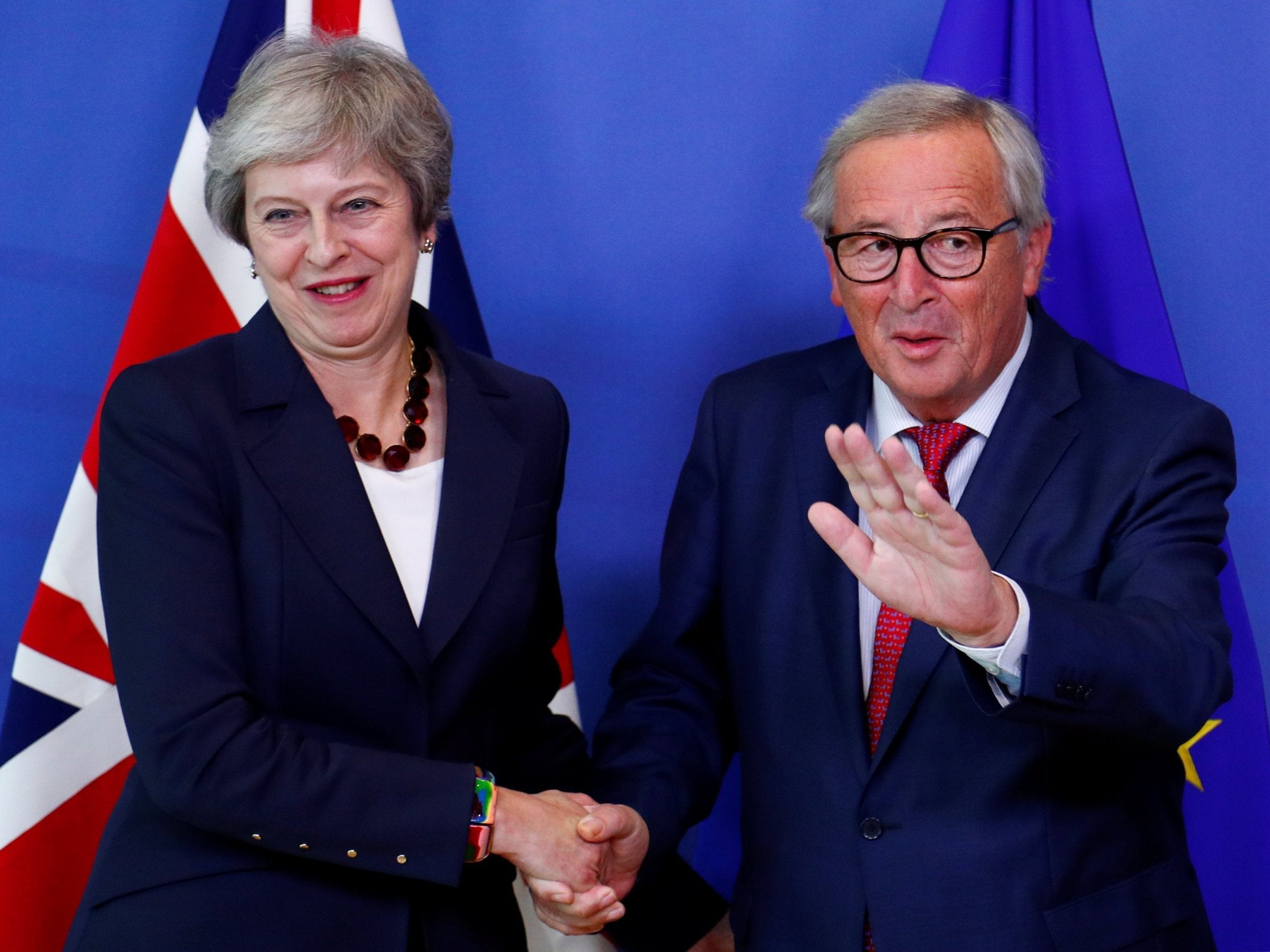No, the European Commission is not trying to do down Brexit Britain with its latest forecasts
The commission’s latest forecasts for the UK, explains Ben Chu, are not, in fact, wildly different from others, including those of the Office for Budget Responsibility


They would say that wouldn’t they? The European Commission – the heart of the Brussels empire, the “EUSSR”, – was always going to project a weak economic future for the UK post-Brexit, wasn’t it?
A group led by the malevolent Jean-Claude Juncker was always going to show the remaining 27 nations of the EU prospering while Britain, out of the club, stumbles helplessly.
Such is the conspiratorial temper of our times that these kinds of reactions to the latest forecasts from the commission, showing precisely that, are sadly inevitable.
But it’s still a silly conspiracy. For the commission’s forecasts for the UK are not, in fact, wildly different from those of others.
The commission sees UK growth in 2019 of a paltry 1.2 per cent. The most recent average forecast from a range of UK forecasters – UK banks and economic consultancies – is growth of 1.4 per cent.
That would leave us with faster projected growth than Italy – but still below every other EU economy.
It’s true that the Office for Budget Responsibility in last week’s Budget projected growth of 1.6 per cent next year. But this was mainly due to the boost to demand from the chancellor’s extra spending on the health services and his income tax cuts. The OBR expects growth to fall back in 2020 to 1.4 per cent.
The idea that the commission has produced some ridiculously pessimistic outlier forecasts for the UK doesn’t stand up to scrutiny.
The commission thinks growth in the eurozone and the EU will slow down too in 2019, but not to the extent that it will in the UK.
There’s another vital piece of context. The commission’s forecasts – like those of the OBR – are based on the presumption of a smooth Brexit next year, where we secure a withdrawal agreement and remain in the single market and customs union until the end of 2020.
The weakness in almost all forecasts essentially reflects assumptions that the UK economy is slowing due to weakening household demand, feeble business investment and lacklustre exports.

That may, or may not, be borne out.
But in a sense it’s a red herring when thinking about the economics of Brexit.
The really important forecasts to bear in mind are those of a severe economic shock in the event of a no-deal Brexit and long-term damage to our potential growth rate as a result of a Brexit in which we leave the single market and customs union.
On this credible economists and forecasters are united.
Join our commenting forum
Join thought-provoking conversations, follow other Independent readers and see their replies
Comments
Bookmark popover
Removed from bookmarks